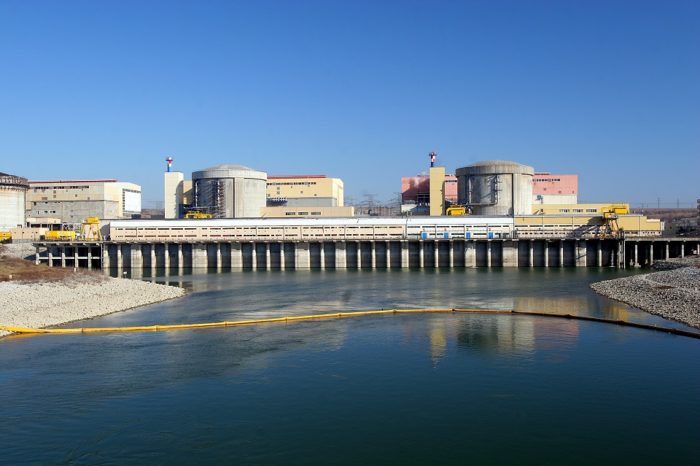Romanians believe climate change can only be tackled if inequalities are addressed at the same time: EIB survey

The European Investment Bank (EIB) today launched the sixth edition of its Climate Survey. Running since 2018, the EIB Climate Survey offers insights into the climate change-related views of people in major economies around the world, with more than 30 000 respondents in the European Union, the United States, China, India, Japan, the United Kingdom, UAE, Canada and South Korea.
After another challenging year marked not only by inflation, but also by record heatwaves and droughts, Romanian respondents have become more acutely aware of the profound impact of climate change and the need for immediate action in Romania and around the world, according to the results of the EIB Climate Survey. While the rising cost of living is considered by far the number one challenge for respondents (78 percent place it in the top three concerns for their country, 8 points above the EU average), followed by income inequalities (46 percent), climate change impacts and environmental degradation are a close third, with 45 percent considering them a major concern (5 points above the EU average).
With respondents ranking income inequalities as the second most significant major challenge after inflation, most Romanians are calling for fair policies to address the climate emergency. 65 percent (3 points below the average in the European Union) say the transition to a low-carbon economy can only happen if social and economic inequalities are addressed at the same time.
However, only 33 percent of respondents say they are confident in the government’s ability to carry out such a just climate transition.
On the question of compensation to developing countries to help them deal with the impacts of climate change — expected to be a central issue at the 2023 UN Climate Change Conference in Dubai (COP28) — most Romanian respondents are in favour of extending aid beyond their borders to support countries most vulnerable to climate change and ensure a globally just transition to a climate-neutral and resilient future.
60 percent of respondents (in line with the EU average) agree that the country should financially compensate affected nations to help them fight climate change.
Survey results show that 66 percent of Romanian respondents (7 points above the EU average of 59 percent) would be willing to pay more income tax to help lower-income households cope with the costs of a green transition. 54 percent would agree to pay an extra 1-2 percent of their income and 13 percent would agree to an extra 5-10 percent.
The vast majority of respondents said they would also be in favour of other kinds of climate-related policies. For example, 78 percent said they would favour a fossil fuel tax reform to eliminate subsidies and tax breaks for the aviation sector and other industries that rely heavily on fossil fuels.















